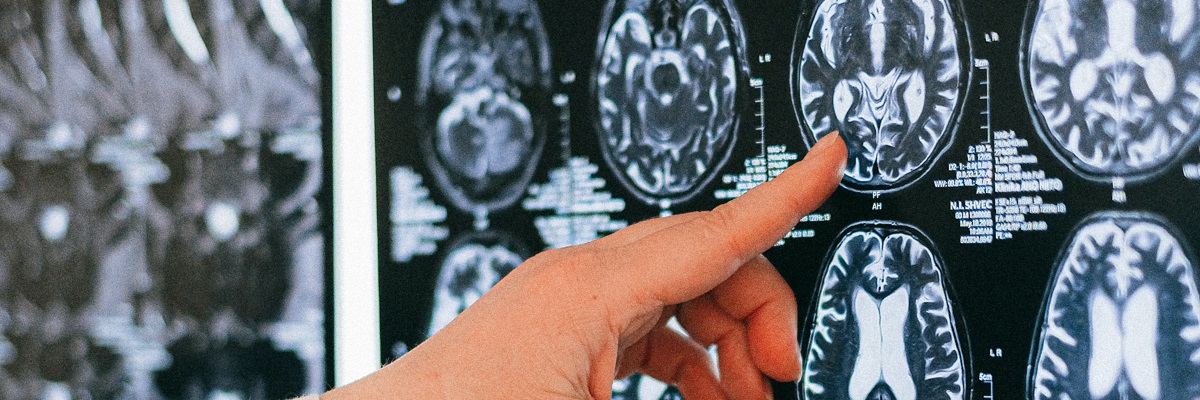

Welcome to T Level Medical and Healthcare Science! This exciting new course starts in September and we will be based in our newly refurbished laboratory. We are really looking forward to meeting you and working with you over the next two years. Below are some links to some reading, videos and tasks for you to complete before you start with us.
Did you know? German physicist Wilhelm Conrad Röntgen was the first person to observe X-rays in 1895. In 1897, X-rays were first used on a military battlefield, during the Balkan War, to find bullets and broken bones inside patients.

There are many career options that medical and healthcare science T level could lead on to. Explore this website for information about the range of NHS careers in health care science.
It is often easier to understand someone’s job role when you can see them at work. Here are a few videos of real NHS healthcare science staff at work:
After reading the links in the ‘resources’ area and watching the above videos, what job role(s) are you interested in, in medical and healthcare science?
In 250 words we would like you to write a statement explaining why you want to work in medical and healthcare science and the kind of role(s) you are particularly interested in. Try to include evidence of your own independent reading and research. Please bring this with you to your enrolment interview.